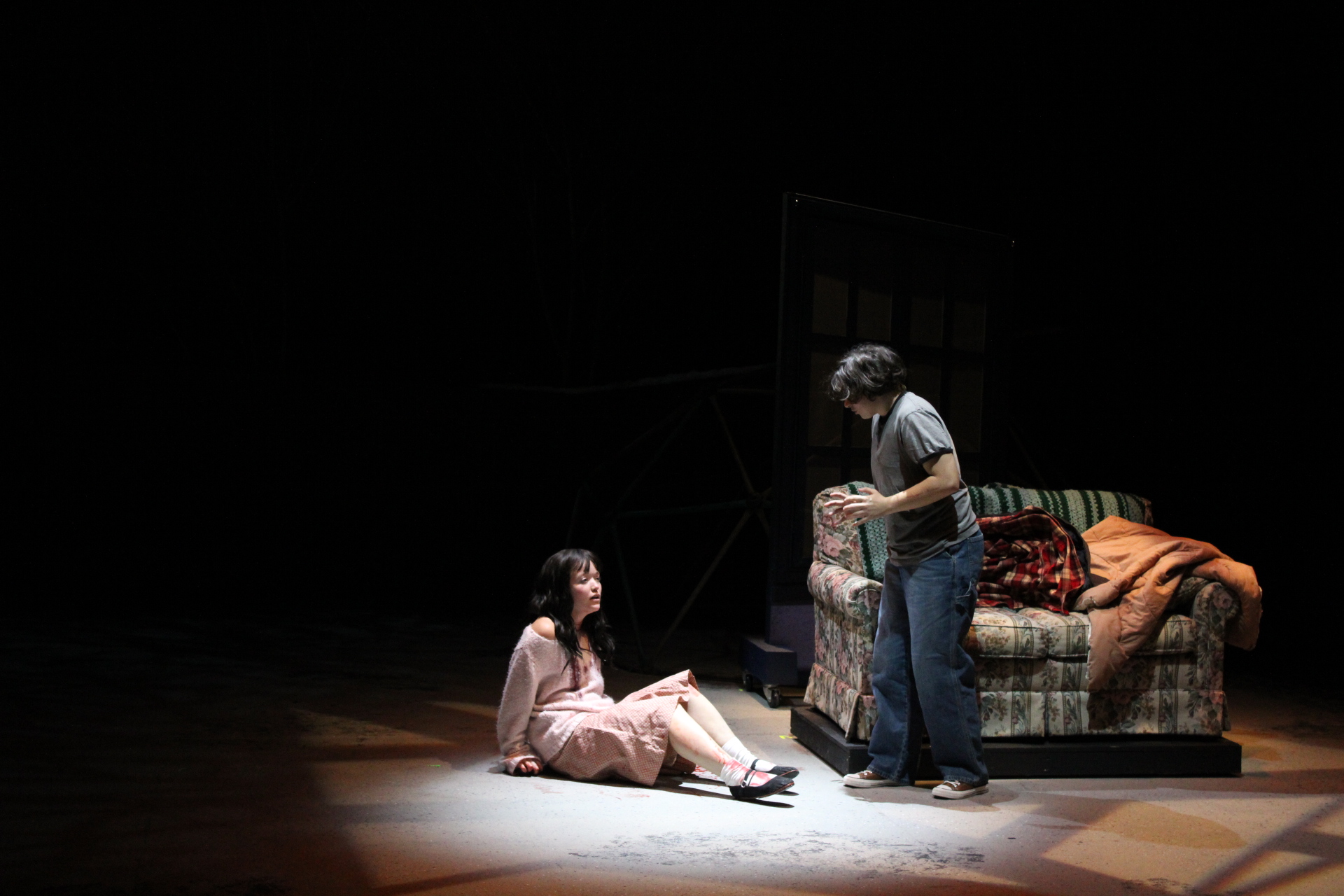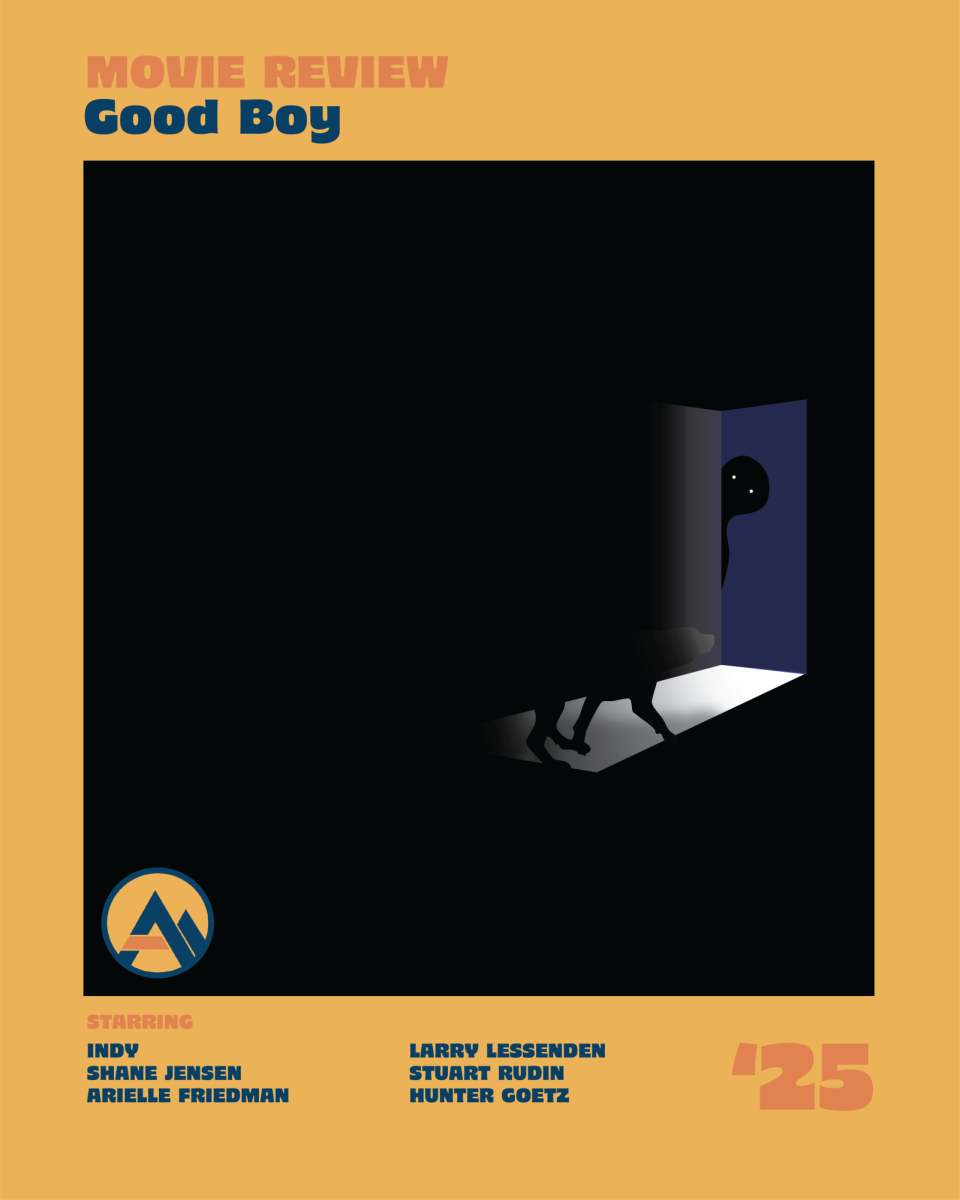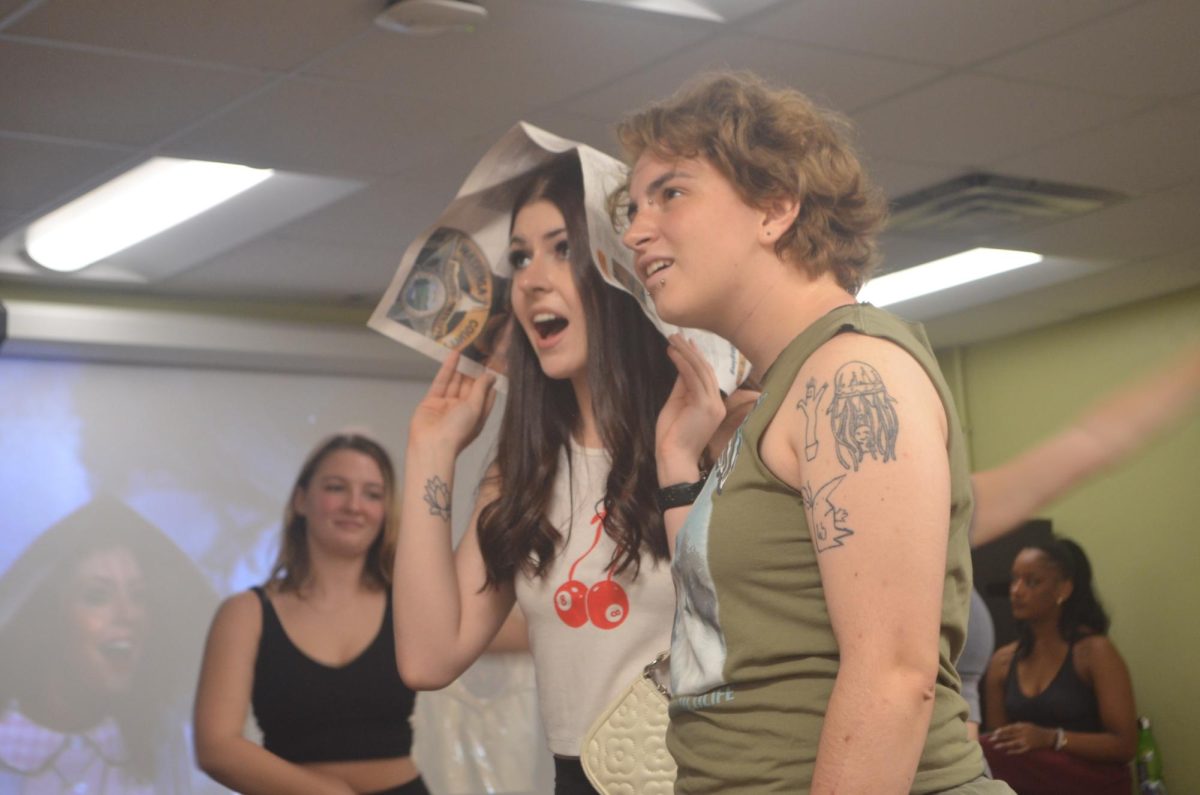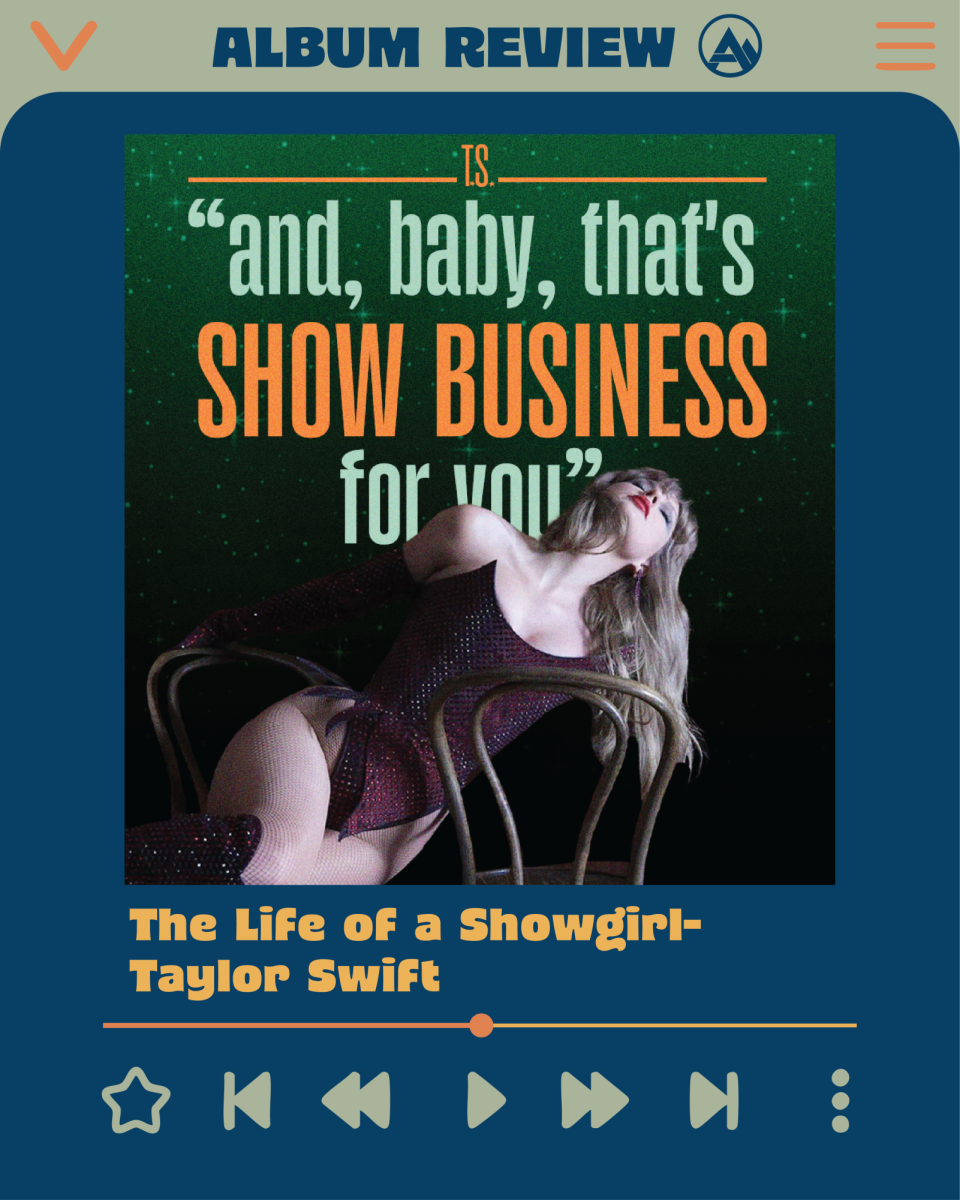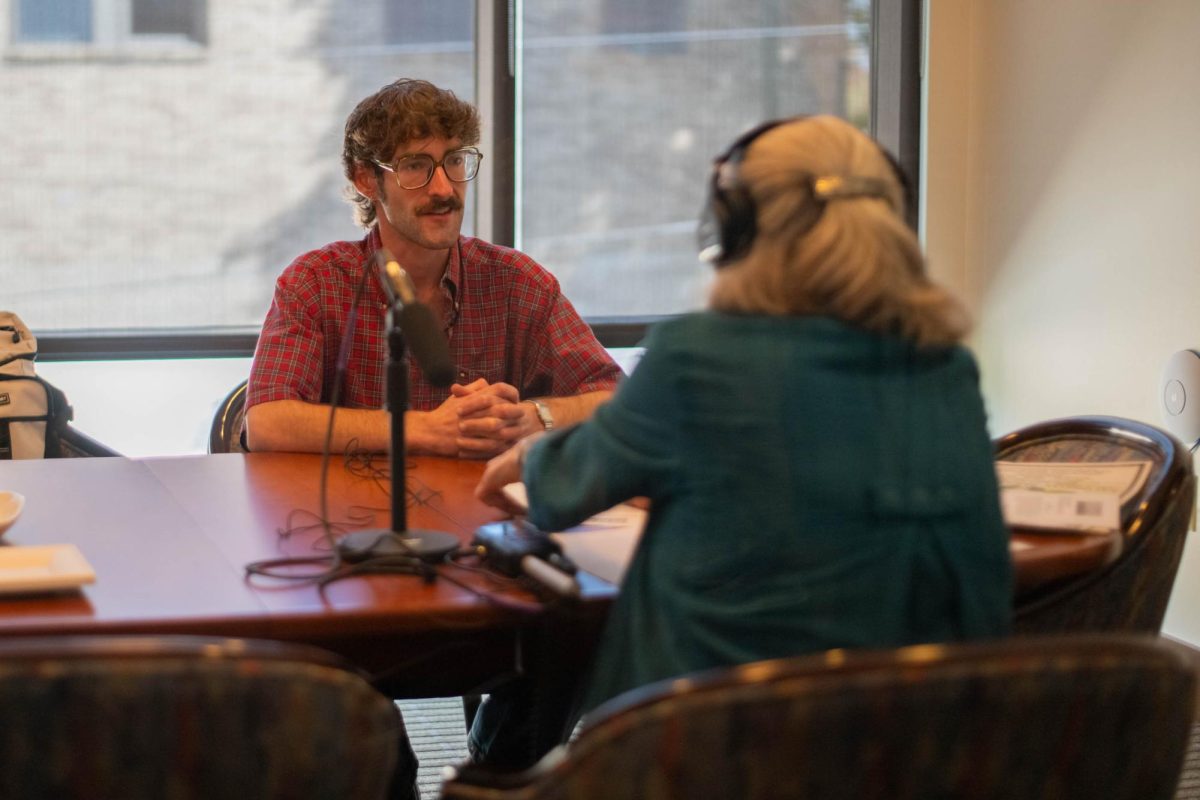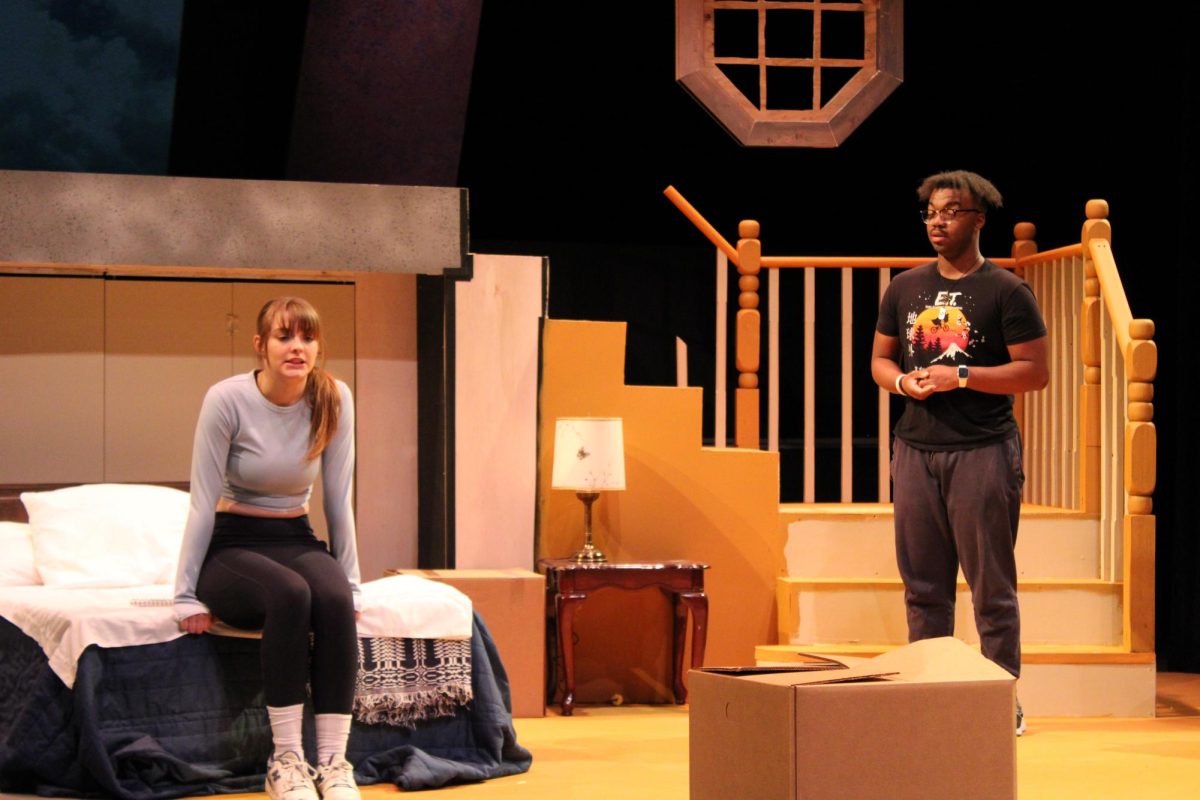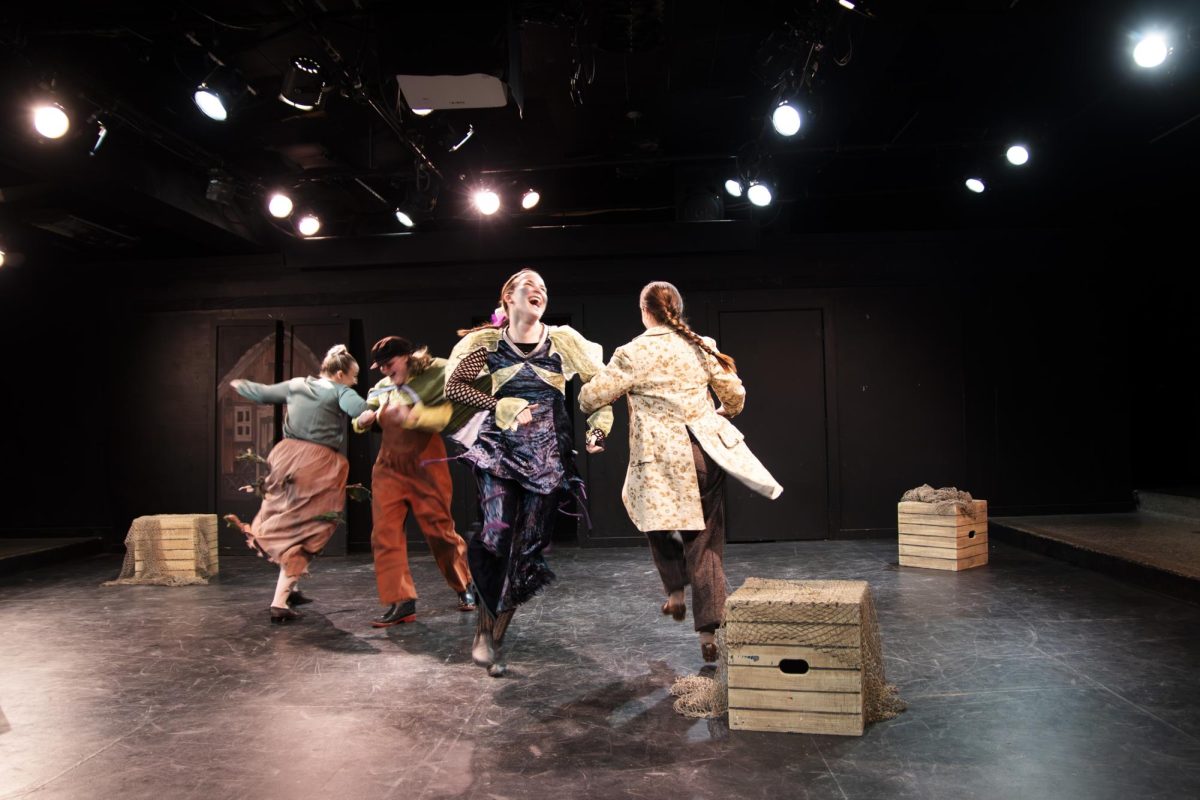A lonely boy meets the girl next door and falls in love. However, she doesn’t know if he can fit into her world. In this haunted coming-of-age story, there’s a twist: the girl next door is a vampire.
The Department of Theatre and Dance will be performing “Let the Right One In,” a play by Jack Thorne based on the novel by John Ajvide Lindqvist. It will run every night from Oct. 30 through Nov. 2 at 7 p.m. in the Valborg Theatre, with a 2 p.m. matinee showing on Nov. 3. Tickets for this play are $10 for students, $15 for faculty and staff and $17 for adults.
“Let the Right One In” is a story about Oskar, a bullied teenager living in a small town. When Eli moves in next door and befriends him, she draws Oskar into her dark and sorrowful world.
Junior theatre performance major Sophie Tucker, plays Eli, the eternally 14-year-old vampire with a 200-year backstory, who has death following her wherever she goes.
Tucker said this role is the most difficult one she’s ever performed, physically and emotionally. The dark themes of the show and Eli’s painful life made it necessary to find ways to separate herself from the character. She said she would get in and out of character by wearing a scent she could associate with being Eli and keeping a notebook for the show.
While this show has its fill of dark, tender moments, there are also moments of life and hope.
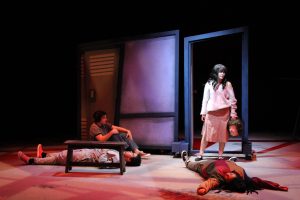
“I hope that people see the love within the show,” Tucker said. “I think that on the surface when you hear about the show’s topics and the show’s themes, it can seem really devastating and really villainous in a way, but there’s a really beautiful arc of loneliness and how that can bring people together.”
Junior theatre performance major Caz Zukowski wrote in an email about the heart-to-heart connection that his character Oskar is seeking, and describes him as an outsider who finds the place he belongs in a person.
Zukowski wrote that all of the characters and their relationships are incredibly nuanced, and the process of understanding those nuances came with preparation from the cast and crew.
“Every relationship and decision the actors have made has been incredibly deliberate and thought out,” Zukowski wrote.
Derek Davidson, the director of “Let the Right One In” and assistant professor of playwriting, wrote in an email about the herculean effort of putting the play on.
In the planned 6-8 weeks of rehearsals, there were 40 scenes to block, technical challenges to figure out, which included flying a character across the stage and the actors had to work on the characterization and timing of their scenes.
This play has elements of horror in it, which Davidson wrote had its challenges because the goal is to be scary, not funny.
“We took lots of pains to get the blood right, to make the flying scenes effective, and to keep everything safe for the performers,” Davidson wrote. “The play turned out to be incredibly complicated.”
The process of doing all this work had just begun when Hurricane Helene hit Boone. The cast and crew lost 2.5 weeks of rehearsal time, coming back to Boone Oct. 16, with only eight rehearsals left before opening night.
“There is a ton I love about this cast, but I can specifically point to how, after being away from rehearsals for over two weeks, they returned amazingly focused, galvanized to make the best piece of theatre within their power in an abbreviated timeframe, and so generous to and supportive of one another,” Davidson wrote.
“Let the Right One In” offers an exploration of love and connection in the face of darkness. This cast and crew were able to live out those themes in their real lives, coming together to create a powerful piece of theater in the face of uncertain, calamitous circumstances.


